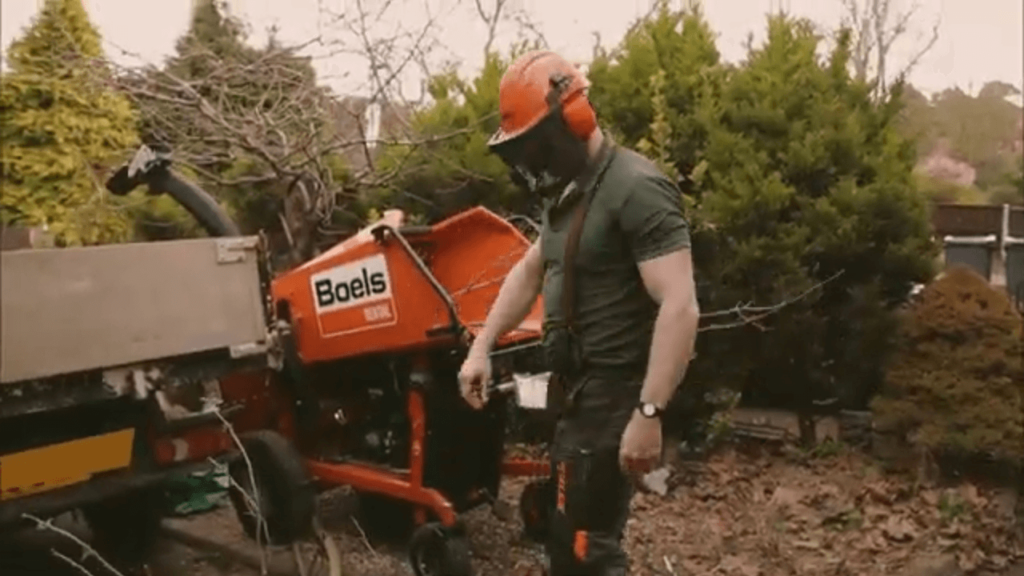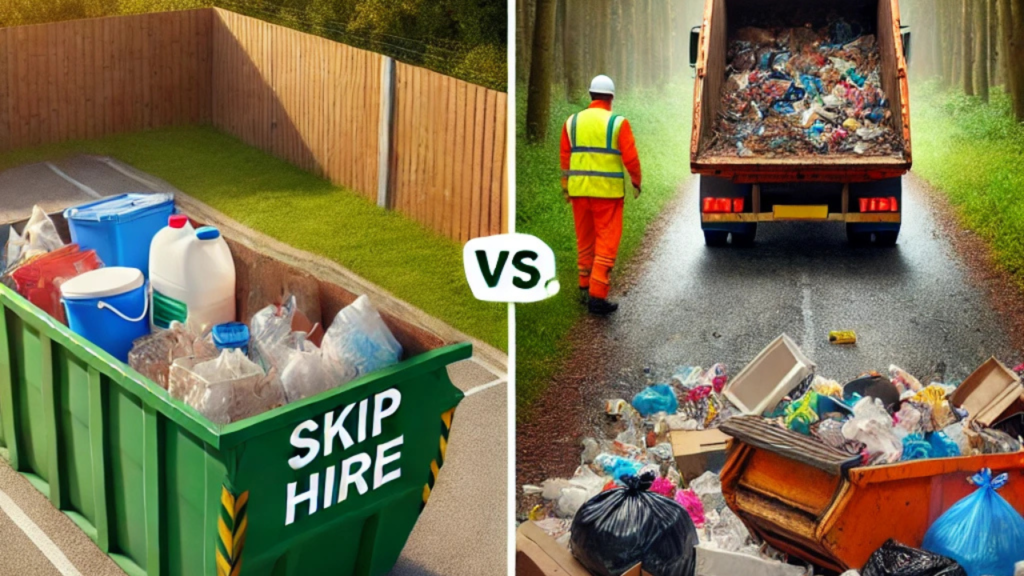Gardening is a rewarding activity, but it often results in a lot of waste, including grass clippings, branches, leaves, and old plants. Proper disposal of garden waste is essential for maintaining a clean and healthy environment. This guide will help you understand different ways to manage and get rid of garden waste easily.
Types of Garden Waste
Before we explore disposal methods, it’s important to understand the different types of garden waste:
| Type of Waste | Examples |
|---|---|
| Green Waste | Grass clippings, leaves, flowers |
| Woody Waste | Branches, twigs, logs |
| Soil and Stones | Unused soil, rocks, gravel |
| Other Organic Waste | Weeds, vegetable scraps |
Ways to Get Rid of Garden Waste
1. Composting
Composting is one of the most eco-friendly ways to manage garden waste. It helps turn organic matter into nutrient-rich soil for your garden.
Steps to Compost:
- Choose a compost bin or create a compost pile.
- Add green waste like leaves and grass clippings.
- Mix with brown waste such as small branches and dried leaves.
- Turn the compost regularly for better decomposition.
- After a few months, use the compost as natural fertilizer.
2. Mulching
Mulching helps recycle garden waste by covering soil with small plant materials.
How to Mulch:
- Shred leaves, bark, or grass clippings.
- Spread the mulch around plants to retain moisture and suppress weeds.
- Use a lawnmower to chop up dry leaves before mulching.
3. Using a Garden Waste Bin
Many local councils provide garden waste bins for collection.
How to Use:
- Separate garden waste from household waste.
- Place the waste in the designated bin.
- Follow the collection schedule of your area.
4. Burning Garden Waste (Check Local Regulations)
Burning is a quick way to dispose of waste but should be done responsibly.
Safety Tips:
- Only burn dry materials to reduce smoke.
- Keep a safe distance from buildings.
- Never burn during windy conditions.
5. Hiring a Garden Waste Removal Service or Skip Hire
If you have a large amount of waste, hiring professionals or using skip hire services may be the best option.
Benefits:
- Saves time and effort.
- They handle waste in an eco-friendly way.
- Some services offer recycling options.
- Skip hire allows you to dispose of a large volume of waste efficiently.
6. Using a Local Recycling Center
Many waste disposal sites accept garden waste for composting or recycling.
How to Find a Recycling Center:
- Check your local council’s website.
- Find out if they accept garden waste.
- Drop off your waste during operating hours.
7. Reusing Garden Waste for DIY Projects
Garden waste can be repurposed creatively.
Ideas:
- Use logs for decorative garden borders.
- Make wooden stakes from small branches.
- Create compost tea from nutrient-rich plants.
Comparison of Disposal Methods
| Method | Cost | Eco-Friendly | Effort Required |
|---|---|---|---|
| Composting | Free | Yes | Moderate |
| Mulching | Free | Yes | Low |
| Garden Waste Bin | Low | Yes | Low |
| Burning | Free | No | Moderate |
| Professional Waste Removal | High | Yes | Very Low |
| Skip Hire | Medium | Yes | Low |
| Recycling Center | Low | Yes | Low |
| DIY Projects | Free | Yes | Moderate |
Best Practices for Managing Garden Waste
- Reduce Waste: Trim plants only when necessary.
- Separate Waste: Keep different types of waste apart for easy disposal.
- Follow Local Rules: Check regulations before burning or dumping waste.
- Use Organic Methods: Composting and mulching are the best eco-friendly options.
- Consider Skip Hire: A great option for large amounts of garden waste.
- Dispose of Responsibly: Never dump garden waste in public spaces.
Conclusion
Getting rid of garden waste doesn’t have to be difficult. By following the methods listed above, you can manage garden waste effectively while keeping the environment clean. Choose the best disposal method based on your needs and local regulations.



